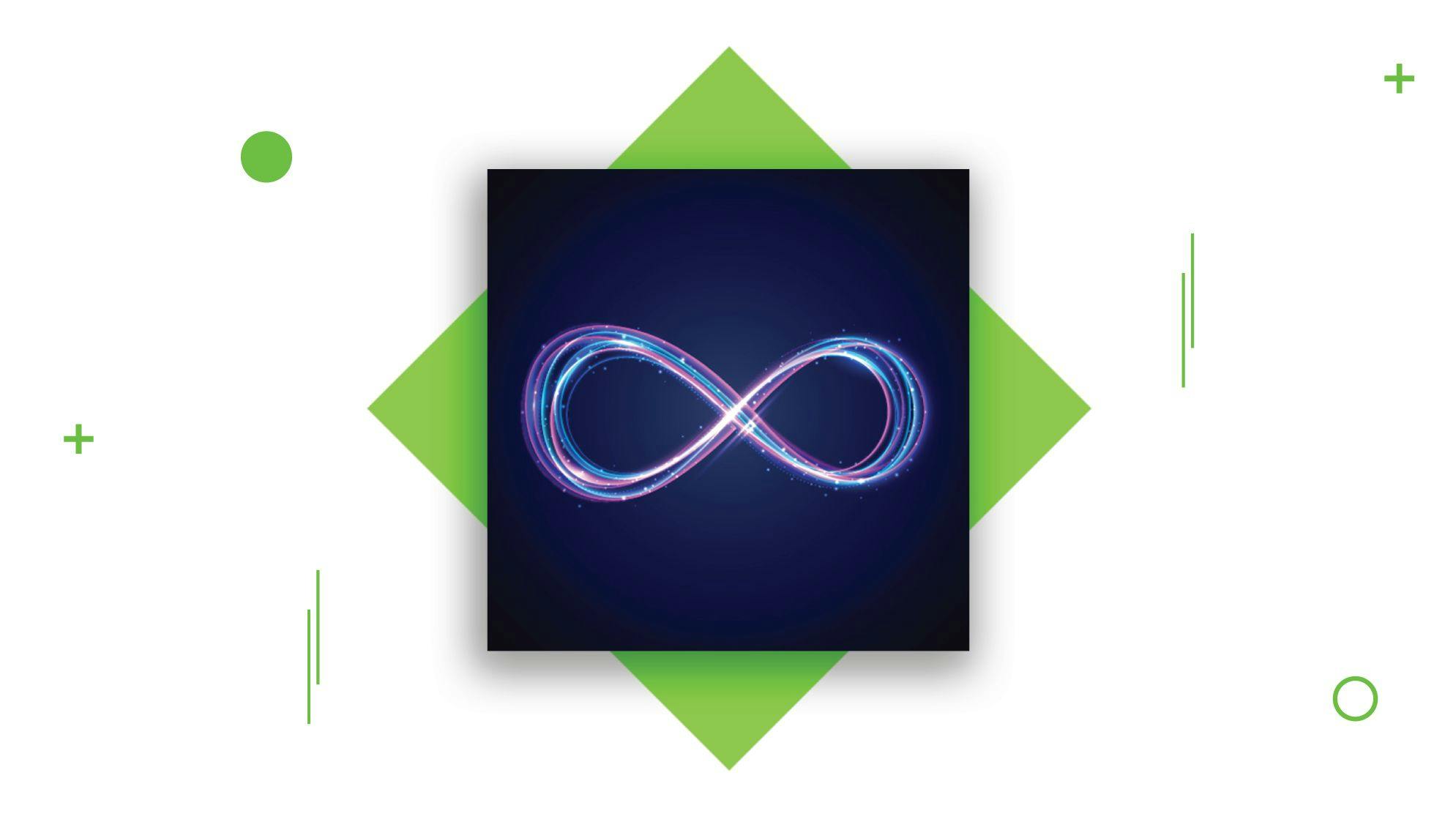239 reads
7 Ways AI is Transforming DevOps
by
March 6th, 2022
Audio Presented by

We aim to empower all organizations to modernize infrastructure with agile, scalable, AI-Powered observability tools
About Author
We aim to empower all organizations to modernize infrastructure with agile, scalable, AI-Powered observability tools
